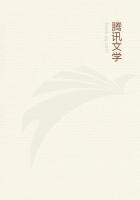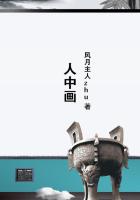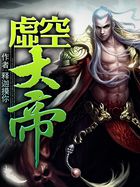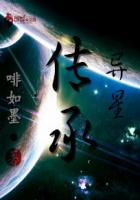The aphorism about the river; the figure of the child playing on the shore; the kingship and fatherhood of strife, seem decisive. The [Greek phrase osod ano kato mie] expresses, with singular aptness, the cyclical aspect of the one process of organic evolution in individual plants and animals: yet it may be a question whether the Heracleitean strife included any distinct conception of the struggle for existence.
Again, it is tempting to compare the part played by the Heracleitean "fire" with that ascribed by the moderns to heat, or rather to that cause of motion of which heat is one expression; and a little ingenuity might find a foreshadowing of the doctrine of the conservation of energy, in the saying that all the things are changed into fire and fire into all things, as gold into goods and goods into gold.
Pope's lines in the Essay on Man, All are but parts of one stupendous whole, Whose body Nature is, and God the soul," simply paraphrase Seneca's "quem in hoc mundo locum deus obtinet, hunc in homine animus: quod est illic materia, id nobis corpus est." which again is a Latin version of the old Stoical doctrine, [Greek phrase eis apan tou kosou meros diekei o nous, kataper aph emon e psuche].
So far as the testimony for the universality of what ordinary people call "evil" goes, there is nothing better than the writings of the Stoics themselves. They might serve, as a storehouse for the epigrams of the ultra-pessimists. Heracleitus says just as hard things about ordinary humanity as his disciples centuries later; and there really seems no need to seek for the causes of this dark view of life in the circumstances of the time of Alexander's successors or of the early Emperors of Rome. To the man with an ethical ideal, the world, including himself, will always seem full of evil.
I use the well-known phrase, but decline responsibility for the libel upon Epicurus, whose doctrines were far less compatible with existence in a style than those of the Cynics. If it were steadily borne in mind that the conception of the "flesh" as the source of evil, and the great saying "Initium est salutis notitia peccati," are the property of Epicurus, fewer illusions about Epicureanism would pass muster for accepted truth.
The Stoics said that man was a [Greek phrase zoon logikon politikon philallelon], or a rational, a political, and an altruistic or philanthropic animal. In their view, his higher nature tended to develop in these three directions, as a plant tends to grow up into its typical form. Since, without the introduction of any consideration of pleasure or pain, whatever thwarted the realization of its type by the plant might be said to be bad, and whatever helped it good; so virtue, in the Stoical sense, as the conduct which tended to the attainment of the rational, political, and philanthropic ideal, was good in itself, and irrespectively of its emotional concomitants.
Man is an "animal sociale communi bono genitum." The safety of society depends upon practical recognition of the fact. "Salva autem esse societas nisi custodia et amore partium non possit," says Seneca.
The importance of the physical doctrine of the Stoics lies in its clear recognition of the universality of the law of causation, with its corollary, the order of nature: the exact form of that order is an altogether secondary consideration.
Many ingenious persons now appear to consider that the incompatibility of pantheism, of materialism, and of any doubt about the immortality oxf the soul, with religion and morality, is to be held as an axiomatic truth. I confess that I have a certain difficulty in accepting this dogma. For the Stoics were notoriously materialists and pantheists of the most extreme character; and while no strict Stoic believed in the eternal duration of the individual soul, some even denied its persistence after death. Yet it is equally certain that of all gentile philosophies, Stoicism exhibits the highest ethical development, is animated by the most religious spirit, and has exerted the profoundest influence upon the moral and religious development not merely of the best men among the Romans, but among the moderns down to our own day.
Seneca was claimed as a Christian and placed among the saints by the fathers of the early Christian Church; and the genuineness of a correspondence between him and the apostle Paul has been hotly maintained in our own time, by orthodox writers. That the letters, as we possess them, are worthless forgeries is obvious; and writers as wide apart as Baur and Lightfoot agree that the whole story is devoid of foundation.















